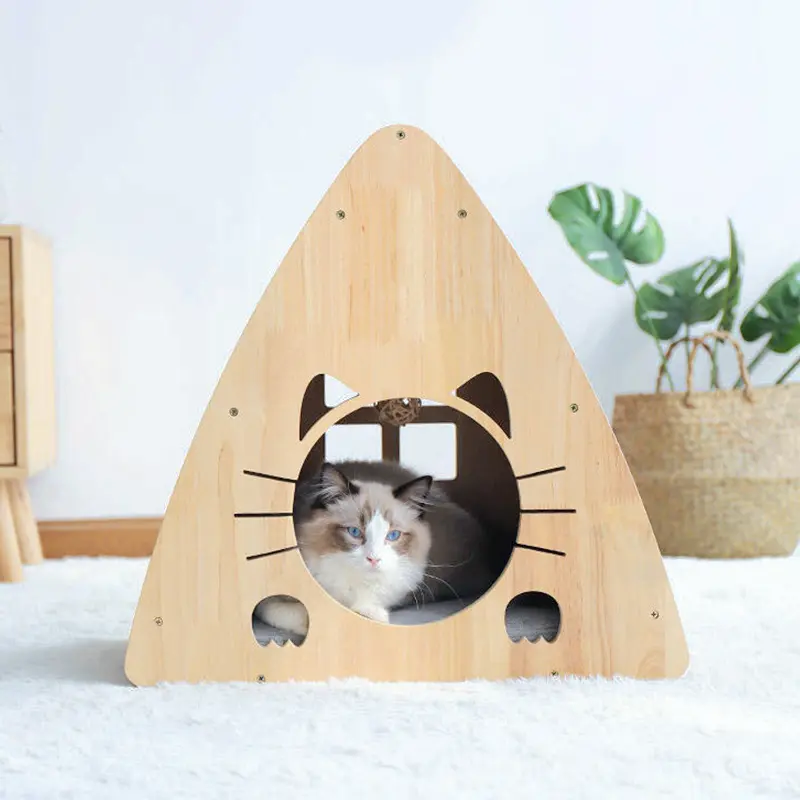As feline lovers, we often spoil our furry friends by providing them with comfy beds to curl up in. However, despite our best efforts, one day our beloved cats suddenly decide that their once cherished sleeping spot is no longer worthy of their use. attention. This puzzling behavior often leaves owners asking, “Why doesn’t my cat sleep in the bed anymore?” In this blog post, we’ll explore the possible reasons behind this feline phenomenon and suggest some potential Solutions to improve your cat’s relationship with their bed.
Warning memory:
Cats are habit-driven creatures, deeply influenced by their past experiences. If your feline friend has had an unpleasant experience in bed, such as loud noises, scary surroundings, or uncomfortable materials, they may associate negative memories with the bed, leading to disgust. It’s crucial to build a positive bond by offering alternative comfort options and gradually reintroducing the bed with treats and toys.
Lack of comfort:
Similar to humans, cats have different preferences when it comes to comfort. Maybe your cat’s bed is too hard, too soft, or doesn’t provide the ideal amount of warmth. Try different cat bed options, consider their preferred sleeping positions, and evaluate whether temperature regulation plays a role when they avoid sleeping. Some cats may prefer heated beds or bedding that mimics their mother’s fur to provide a sense of security.
envirnmental factor:
Cats are highly perceptive animals and are easily affected by their surroundings. Changes in the environment, such as rearranging furniture, introducing a new pet, or an unfamiliar smell, can make cats feel uneasy. Due to their territorial nature, cats may avoid their beds, mark their scent elsewhere, or find a new area that feels safer. Being patient and allowing your cat time to adjust to the changes may help them regain confidence in the bed.
Health issues:
Sometimes, refusing to sleep in your assigned bed can be an indicator of an underlying health problem. Cats experiencing discomfort or pain (such as joint problems or skin conditions) may choose other places to sleep that provide more pain relief. Observe your cat’s behavior for any signs of physical distress and consult your veterinarian if you suspect health-related factors may be involved.
Breed preference:
Cats are known for their independent and curious nature. They may simply prefer to explore various sleeping options at home rather than settle for just one bed. Just like humans sometimes like to sleep in different places, cats may exhibit the same behavior. Embrace your feline’s diverse tendencies by providing multiple cozy spots, such as soft blankets in various rooms or even a specially designed cat tree.
Understanding why your feline companion doesn’t want to sleep is crucial to solving the problem and ensuring their comfort. You can help your cat rediscover the joy of bed by considering factors such as past negative experiences, comfort preferences, environmental changes, health issues, and their innate desire for variety. Patience, ingenuity, and most importantly, love will guide you to the perfect solution for your cat’s nighttime needs. Remember, just like us, our cats deserve a quiet, comfortable sleep.
Post time: Oct-28-2023

